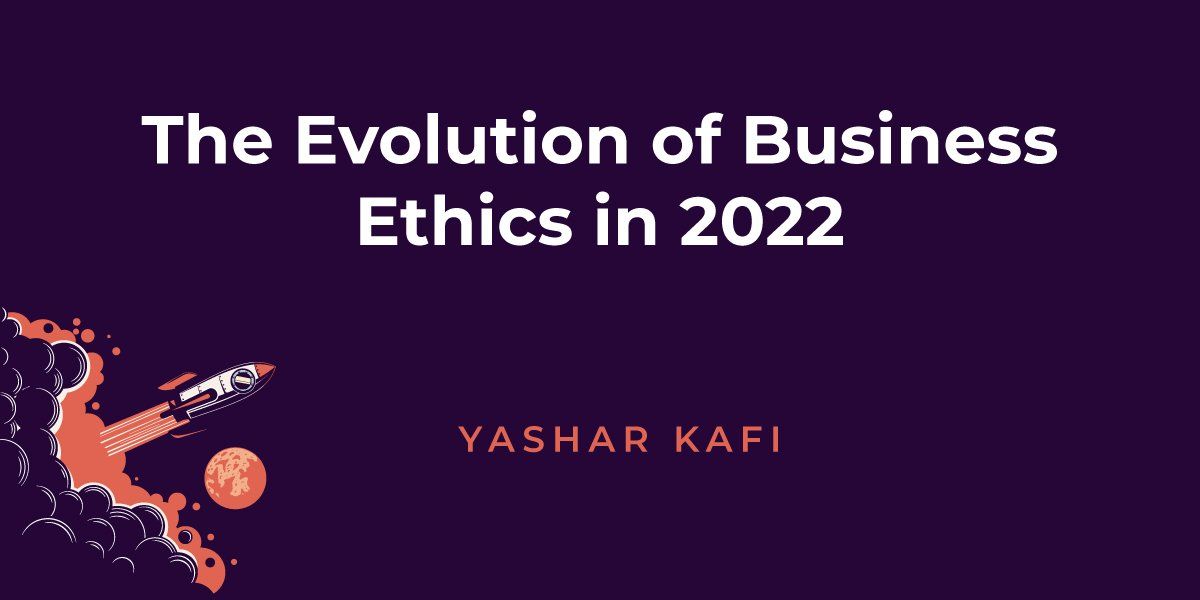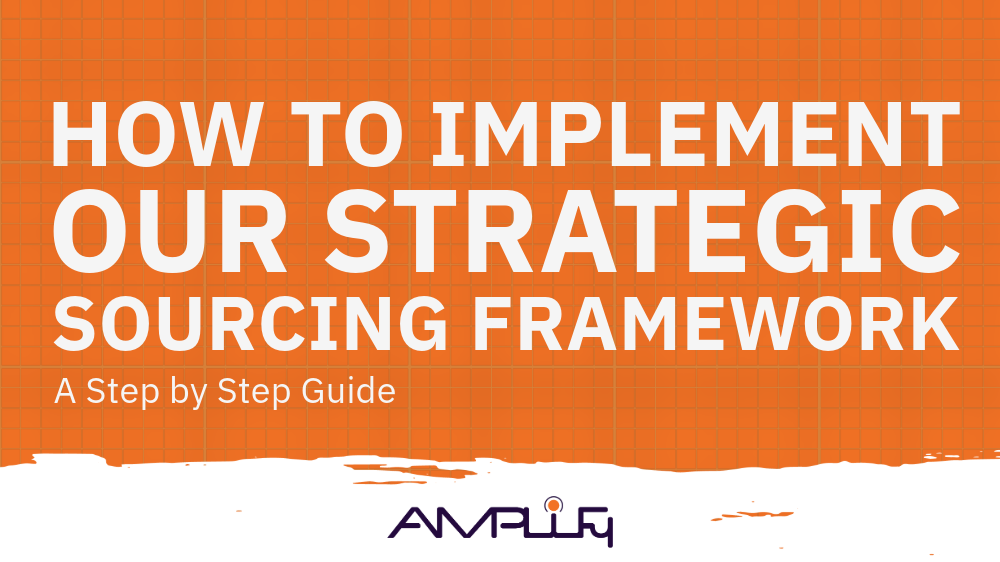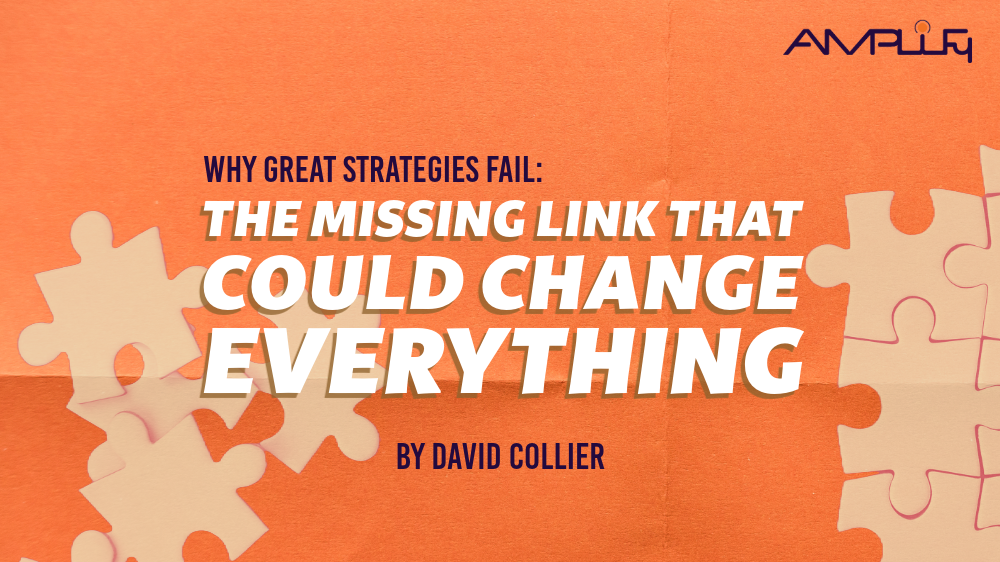The Evolution of Business Ethics in 2022
There’s a somewhat disturbing trend happening these days, where more and more people are trying to take shortcuts to reach profitability. This tendency brings to mind the evolution of business ethics, but is such behavior mainly fueled by COVID-related concerns and supply chain problems, or are there other factors?
The Importance of Business Ethics
According to Gan Integrity, business ethics are “the values a company upholds throughout its operations,” with common ethical considerations including areas like human rights, the environment, anti-corruption, and labor rights
Business ethics are critical within a corporation. These ideals and beliefs impact not only the internal circle of the company but also the external perception of it. Strong ethics may show themselves internally in the guiding values a company upholds, how it fosters a culture of compliance, and how well the business performs in implementing its code of conduct.
On the external side, business ethics can impact branding. (Think reputation and public perception—both of which you want to be positive, of course!). If your business is exhibiting low ethical standards, your brand will suffer, and your company may even end up embattled in misconduct claims or legal violations.
Also, speaking of branding, when your business is adhering to a stellar code of ethics, this builds trust with your consumers, which can only further elevate your brand and increase your loyal customer base. It’s also vital to stay on the up and up with all legal and government standards.
How Have Business Ethics Changed?
One of the main “themes” we’re seeing in the evolution of business ethics these days is that instead of adhering to processes that have been around for decades, people are now starting to cut corners. This means they become more profitable, more quickly.
For instance, many teams are creating situations where there is a gray area in the decisions they are making for their corporation. What kind of gray areas, you may be wondering?
Say you’re in a traditional corporate environment and need to buy computers. There will almost always be somebody internal who has a relationship with a specific brand. Because of this, you will not go through the proper evaluation process. Instead, you will opt to work with whoever you already know. As a result, this is a gray area, and there is no by-the-book selection process.
Another area that falls into this category are SPACS vs IPOs. SPACS are not necessarily unethical, and they are a creative way to bring a company public and allow it access to capital from a public perspective. However, they are a shortcut where you do not do all of the due diligence you would have to do if you were going down a traditional route. So, in this sense, SPACS can be seen as cutting corners, making it a bit more of a gray area as well.
As mentioned earlier, COVID has also affected the evolution of business ethics, especially the number of bad contract terms brought on by the global pandemic. A lot of shortcuts were being taken all around, with a vast majority of people just signing contracts without really reading them or understanding what was in them.
What is somewhat most surprising is that the contracts themselves weren’t necessarily the issue. Rather, it was the companies who were writing those contracts (the terms that they were using, the locked-in kind of mechanism, etc.) that were causing most of the consternation. For example, not being flexible was a big thing—and continues to be—in the COVID era, where if you're trying to sign an event space for a physical conference and COVID wreaks havoc, causing issues, venues are not letting you out because of those COVID-related issues. Instead, they are locking you in and saying, “Well, if there is an outbreak, we just have to live with it, and you eat your portion of the deposit or the cost.”
How to Avoid Bad Business Ethics
Always avoid bad business ethics at all costs. One main way you can do this is by choosing your suppliers and vendors wisely. As mentioned above, far too many companies simply opt to go with the vendors or suppliers that they already know and have established relationships with, when taking the extra time to invest in researching others and ensuring you are finding the very best quality can pay off more in the long run—and is simply just better business.
The only real way to avoid bad business ethics and ensure that your company is practicing good ethics is by adopting them yourself and then leading by example. Leadership is pivotal in this area. Remember: Your team is watching you, so your example cannot be underestimated.
Finally, investing in your people will always bring you a priceless ROI. If your employees are seeing your example of better business practices in action, and then are also being supported and invested in by you and other leadership, it´s always going to be a win-win situation—one that motivates them to elevate their business ethics in the process.




